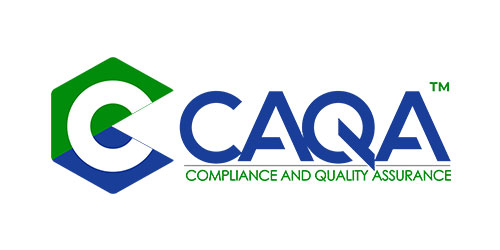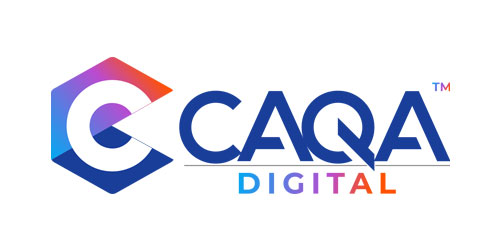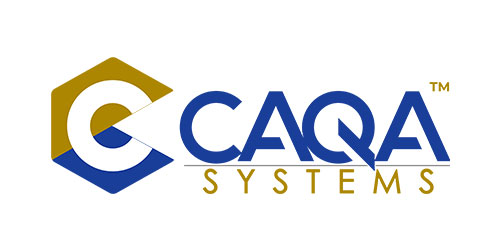
News
Continuous learning is a process whereby people keep up to date with the latest information in their field and improve their skills on an ongoing basis. It is often seen as an important part of professional development and can help people to stay ahead of the curve in their careers.
Continuous learning is the key to success in any field. It allows you to keep up with the latest trends and technologies and to improve your skillset regularly.
Organisations that foster a culture of continuous learning are successful because they recognise that learning is a lifelong process. This type of organisation understands the importance of training and development for all stakeholders – students, trainers and assessors, management and others.
Continuous learning is essential for any training organisation that wants to stay ahead of the curve. By fostering a culture of continuous learning, you can ensure that your students are always up-to-date with the latest industry trends and developments. This means creating an environment where students feel comfortable taking risks, trying new things and learning from mistakes.
There are many benefits to continuous learning, including
Improved performance – employees who receive regular training are more likely to be up-to-date with best practices and able to perform at their best
Increased engagement – employees who feel like they are constantly learning new things are more engaged with their work and more likely to stay with the organisation
Enhanced reputation – an organisation with a commitment to continuous learning is seen as an employer of choice, attracting top talent
Greater innovation – organisations that encourage employees to learn new things are more likely to be innovative and agile, able to adapt to change
Continuous learning doesn’t have to be expensive or time-consuming. There are many low-cost or even free ways to provide training and development opportunities for employees, such as online courses, webinars, podcasts, and books. What’s important is that the organisation is committed to continuous learning and provides the resources and support necessary for employees to take advantage of these opportunities.
There are many ways to foster a culture of continuous learning.
First and foremost, it is important to provide your students with access to quality resources. This could include online courses, e-books, articles, and so on. Additionally, you should encourage your students to attend industry events and conferences.
Encourage students to take risks and experiment
Don’t penalise students for making mistakes – instead, encourage them to take risks and experiment. This will help them to feel comfortable taking risks in the future, and they’ll be more likely to learn from their mistakes.
Provide opportunities for failure
Make sure that there are opportunities for students to fail in a safe environment. This could involve setting up scenarios where they have to solve a problem but where there is no right or wrong answer.
Encourage reflection
Encourage students to reflect on their experiences, both successful and unsuccessful. This will help them to learn from their mistakes and make progress in their learning.
Model continuous learning
As a teacher, you should also be modelling continuous learning. This means being open to new ideas and approaches and trying out new things yourself. Your students will see this as an example of what it means to continuously learn, encouraging them to do the same.
Finally, you should create an environment that is conducive to learning. This means providing ample opportunities for practice and feedback, as well as offering support when needed.
Continuous learning is essential for any training organisation. By fostering a culture of continuous learning, you’ll make sure that your students are always making progress in their learning. This will benefit them in the long run, and it will also benefit your organisation as a whole.
If you want your training organisation to be successful, it is essential that you foster a culture of continuous learning. By doing so, you can ensure that your students are always up-to-date with the latest industry trends and developments. Additionally, you will create an environment that is conducive to learning, which will ultimately lead to better outcomes for your students.
In summary, continuous learning is essential for any organisation that wants to be successful. It benefits all stakeholders – students, trainers and assessors, management and others – and leads to improved performance, engagement, reputation, and innovation.
 1800 961 980
1800 961 980 info@careercalling.com.au
info@careercalling.com.au

























